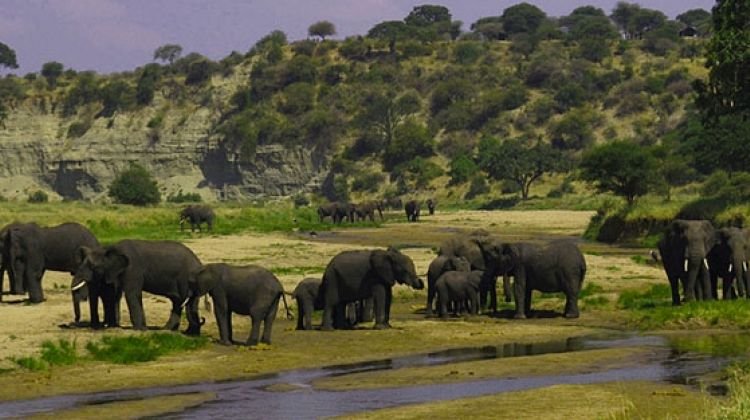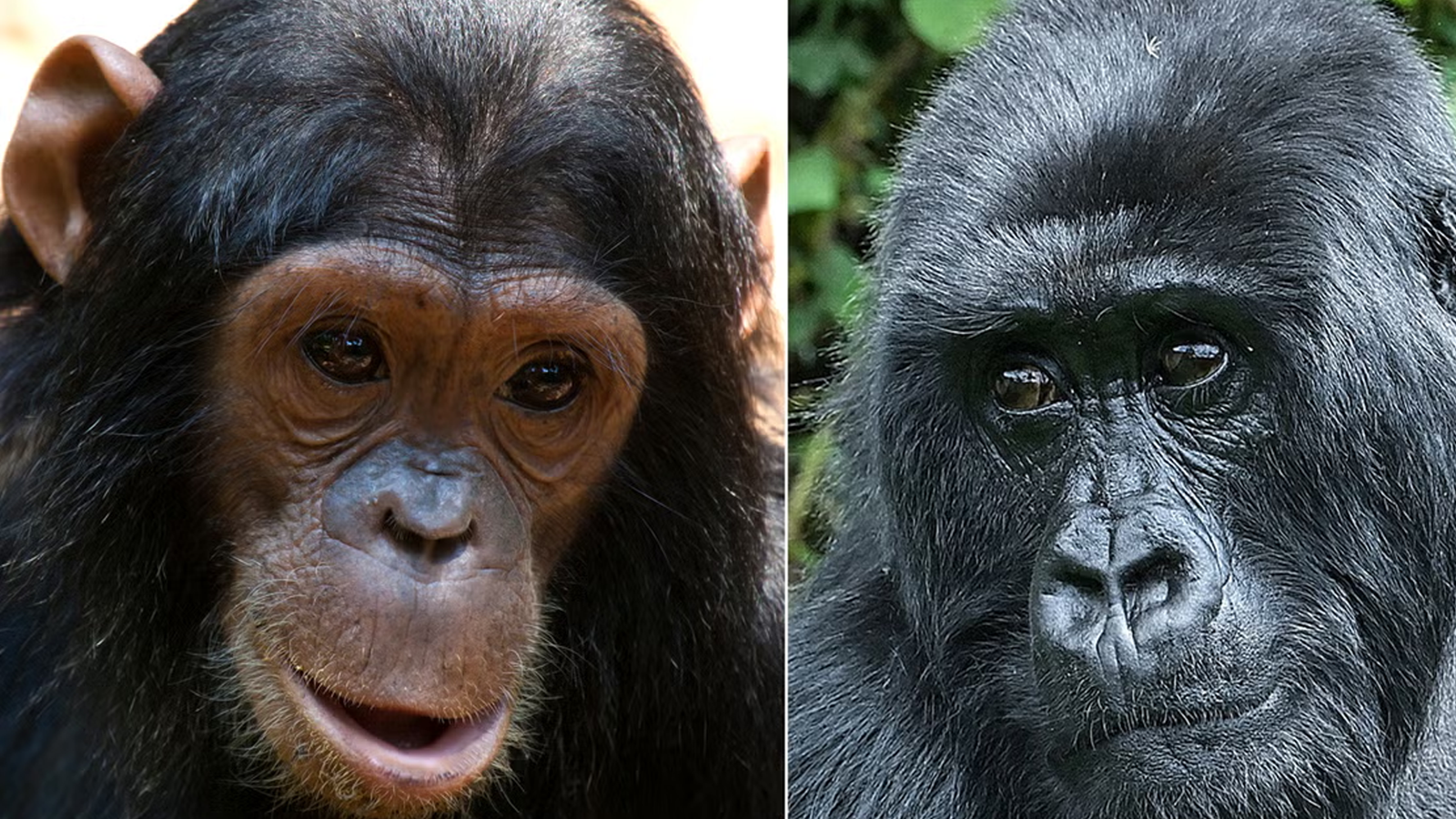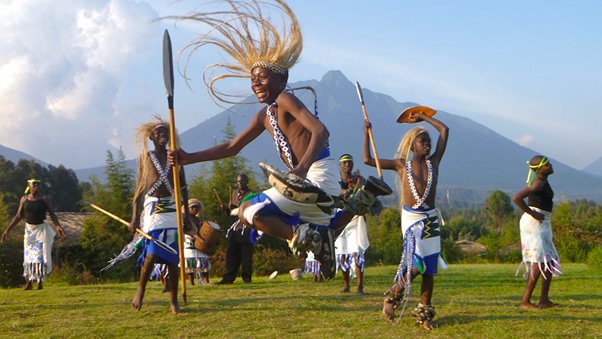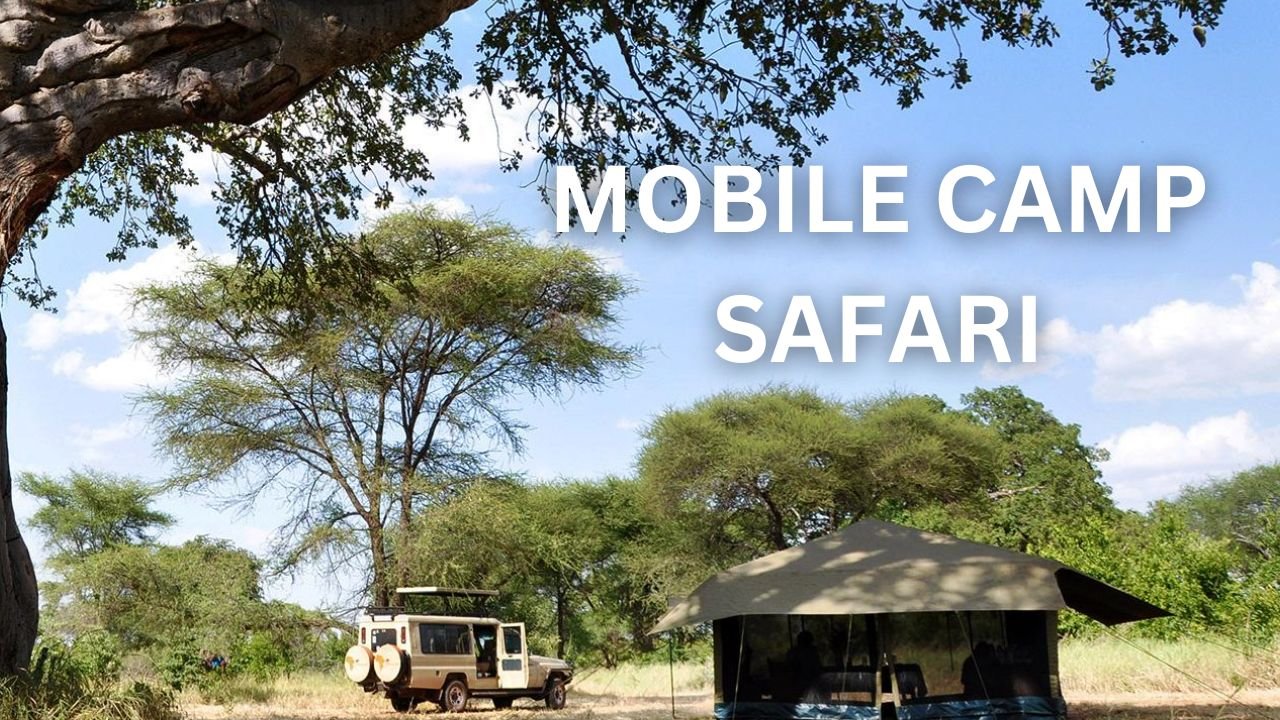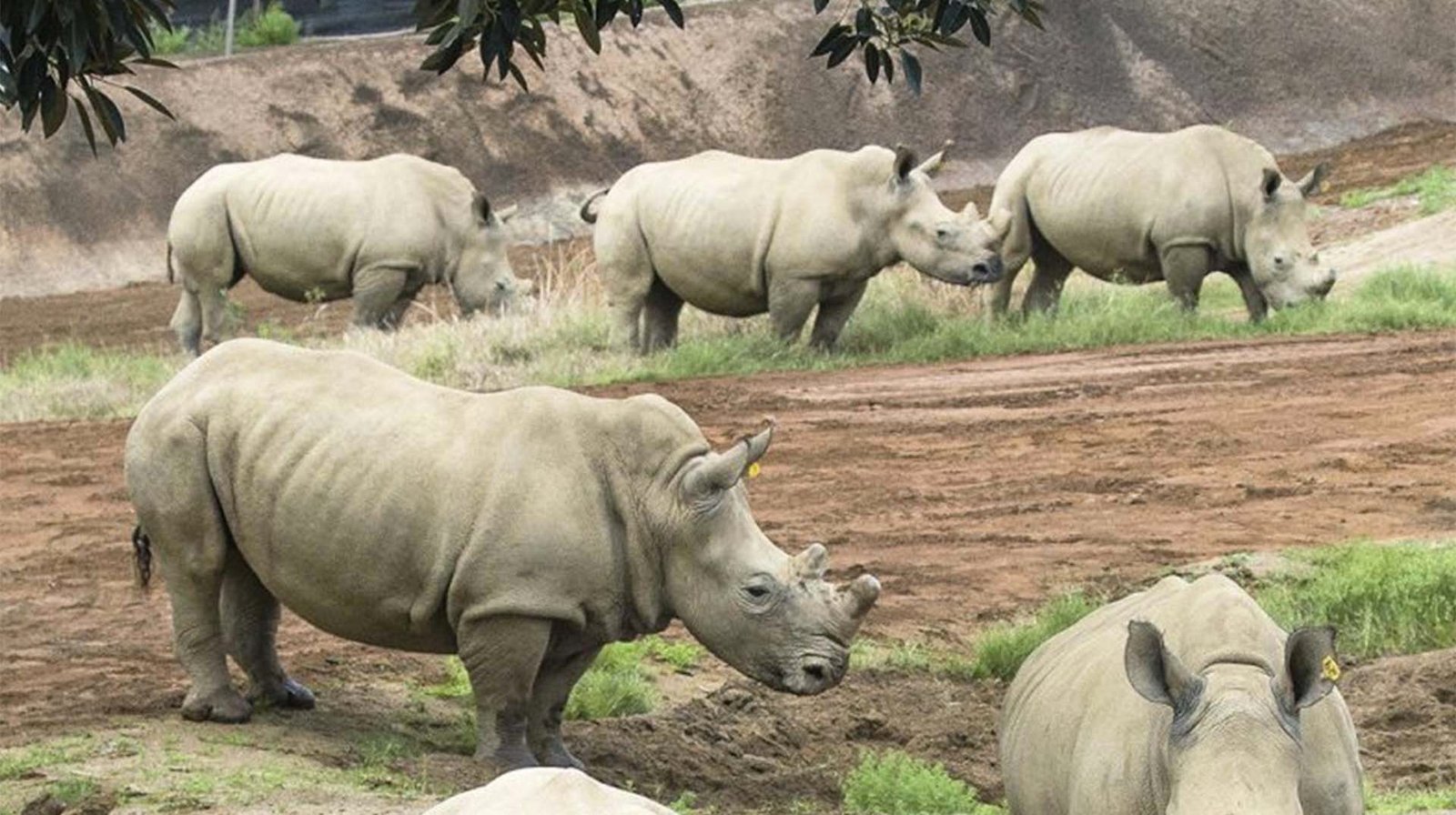
- Conservation-Focused Experiences: Ecotourism and wildlife safaris in East Africa prioritize sustainable practices and conservation initiatives. By choosing responsible tour operators and accommodations, travelers can ensure that their experiences have minimal impact on the environment. These tours often focus on education, raising awareness about the importance of biodiversity conservation, and providing opportunities to observe wildlife in their natural habitats.
- Supporting Local Communities: Ecotourism and wildlife safaris directly benefit local communities by providing employment opportunities and promoting community development. Many tour operators work closely with local guides, drivers, and accommodations owned by community cooperatives, ensuring that the economic benefits of tourism reach the grassroots level. By participating in these activities, travelers contribute to the well-being of local communities and foster a sustainable tourism economy.
- Wildlife Conservation: East Africa is renowned for its diverse array of wildlife, including iconic species such as elephants, lions, giraffes, and gorillas. Ecotourism and wildlife safaris allow travelers to witness these majestic creatures in their natural habitats while promoting their conservation. By paying park fees and following responsible tourism practices, visitors contribute to the protection and management of national parks and protected areas, which are crucial for preserving wildlife populations and habitats.
- Environmental Education and Awareness: Ecotourism and wildlife safaris provide opportunities for environmental education and raising awareness about biodiversity conservation. Knowledgeable guides share information about the flora, fauna, and ecosystems encountered during the tours, fostering a deeper appreciation and understanding of the natural world. This increased awareness can inspire travelers to become advocates for conservation and make sustainable choices beyond their travels.
- Funding Conservation Efforts: The revenue generated from ecotourism and wildlife safaris directly contributes to funding conservation efforts. Park fees and tour expenses often support activities such as anti-poaching patrols, habitat restoration, research projects, and community-based initiatives. By participating in these activities, travelers play an active role in supporting biodiversity regeneration and ensuring the long-term sustainability of conservation efforts in Uganda and East Africa.
- Research and Identify Reliable Organizations: Conduct thorough research to identify reputable local conservation organizations operating in Uganda and East Africa. Look for organizations with a track record of successful projects, transparency in their operations, and partnerships with recognized conservation bodies. Seek out information about their mission, objectives, and the specific projects they are involved in.
- Donations and Fundraising: One of the most direct ways to support local conservation organizations is through financial contributions. Donations can be made directly to the organizations or through fundraising campaigns they may have in place. Consider making a one-time or recurring donation to support their conservation efforts and ensure their continued operations. Look for platforms or websites that facilitate secure and transparent donations.
- Volunteer Opportunities: Some local conservation organizations offer volunteer programs that allow travelers to contribute their time and skills directly. These opportunities may involve activities such as field research, habitat restoration, wildlife monitoring, or community engagement. Volunteering provides a hands-on experience and a chance to make a tangible impact while learning about local conservation challenges.
- Promote and Raise Awareness: Help raise awareness about local conservation organizations and their initiatives. Share their work through social media, blogs, or other platforms to reach a broader audience. By spreading the word about their projects and achievements, you can inspire others to support their efforts or even attract potential donors or volunteers.
- Participate in Events and Workshops: Keep an eye out for events, workshops, or seminars organized by local conservation organizations. These events often aim to educate the public, raise awareness, or provide training on conservation-related topics. By participating in these activities, you not only gain knowledge but also show your support for their cause.
- Purchase Sustainable and Local Products: Some conservation organizations produce and sell sustainable and locally made products as a means of generating income for their projects. Look for items such as handicrafts, clothing, or Eco-friendly souvenirs. By purchasing these products, you support their livelihood initiatives and contribute to their conservation goals.
